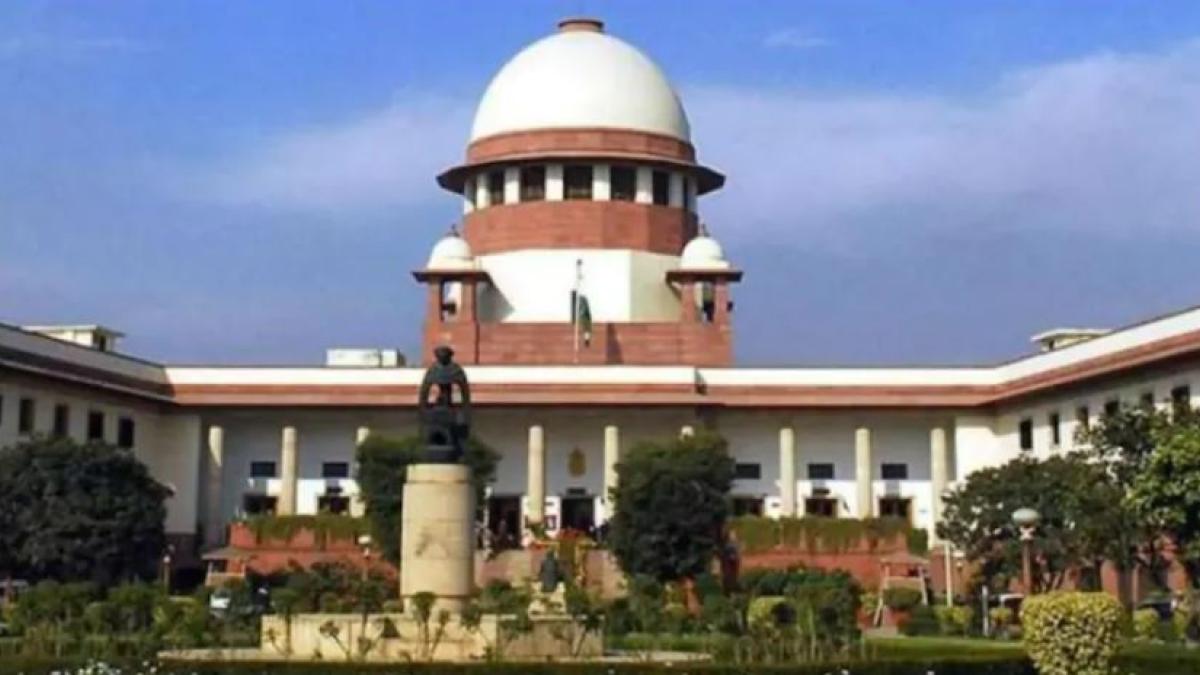On Thursday, the Supreme Court delivered a unanimous verdict declaring the changes made to the law to introduce the electoral bonds scheme as unconstitutional. The ruling came in response to a series of pleas challenging the legality of the scheme, which allowed for anonymous funding to political parties.
The five-judge Constitution Bench, led by Chief Justice of India D Y Chandrachud, directed the cessation of electoral bond issuance by the issuing bank and instructed the State Bank of India (SBI) to provide details of all electoral bonds purchased since the court’s interim order dated April 12, 2019, to the Election Commission of India (ECI).
The bench found various sections of the Representation of People Act, 1951, and the Companies Act, as amended by the Finance Act of 2017, to be in violation of Article 19(1)(a) and hence unconstitutional. Specifically, the deletion of the proviso to Section 182(1) of the Companies Act, allowing unlimited corporate funding to political parties, was deemed arbitrary and violative of Article 14.
The court reasoned that the distinction between profit-making and loss-making companies for political contributions, present prior to the amendment, served the purpose of curbing corruption and electoral financing. However, the amendment allowing unlimited corporate contributions disregarded this distinction, permitting unrestrained influence in the electoral process, contrary to principles of free and fair elections and political equality.
Furthermore, the court mandated the submission of detailed information by SBI regarding electoral bond purchases and encashments by political parties to the ECI. This information, including dates, purchasers’ names, and bond denominations, must be shared within three weeks, with the ECI directed to publish it on their official website within one week thereafter.
In summary, the Supreme Court’s ruling declared the electoral bonds scheme unconstitutional, emphasizing the need to uphold the integrity of the electoral process and prevent undue influence by corporations.























